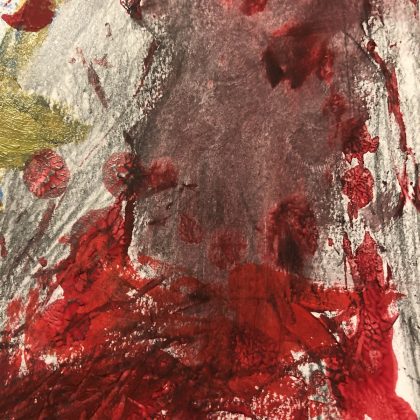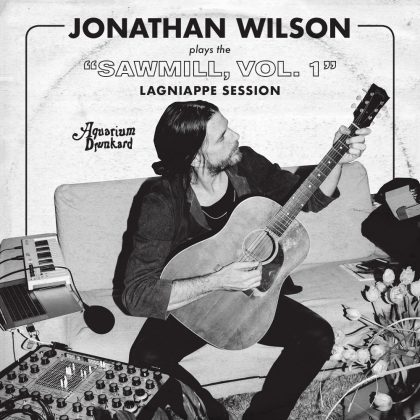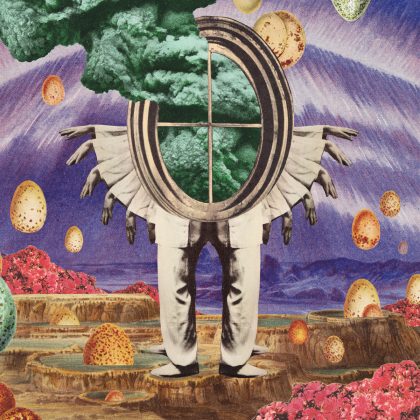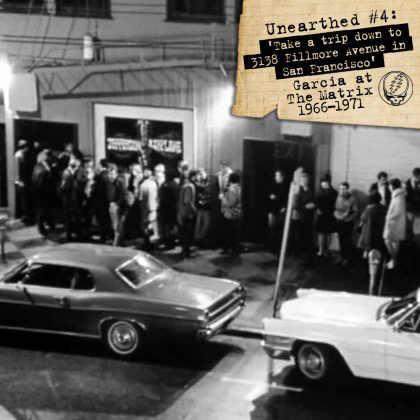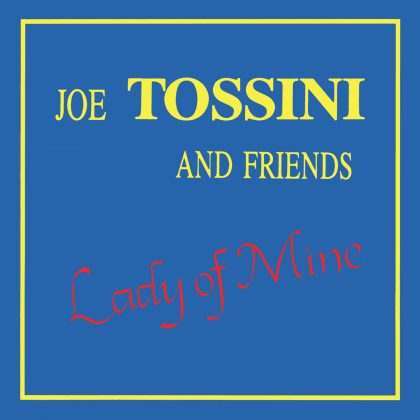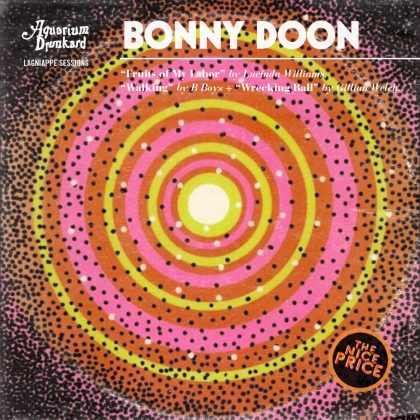A sonic meditation crafted during an exceptionally fierce 24 hour downpour in northeast Los Angeles. An imaginary hour and half instrumental score . . .
Only the good shit. Aquarium Drunkard is powered by its patrons. Keep the servers humming and help us continue doing it by pledging your support.
To continue reading, become a member or log in.
